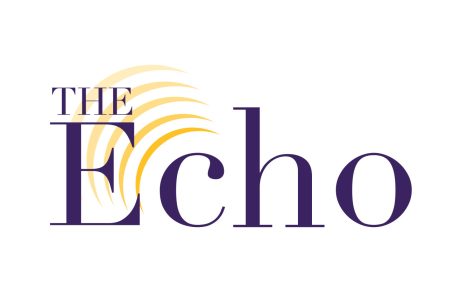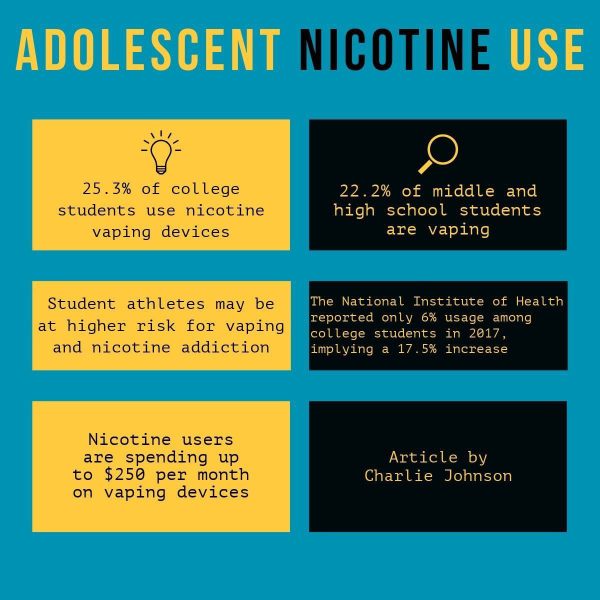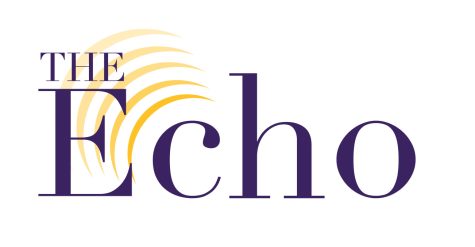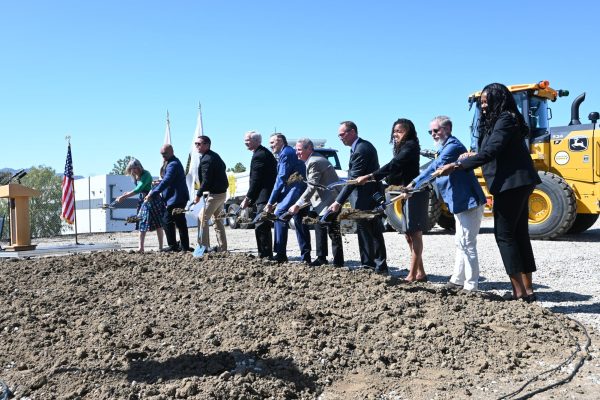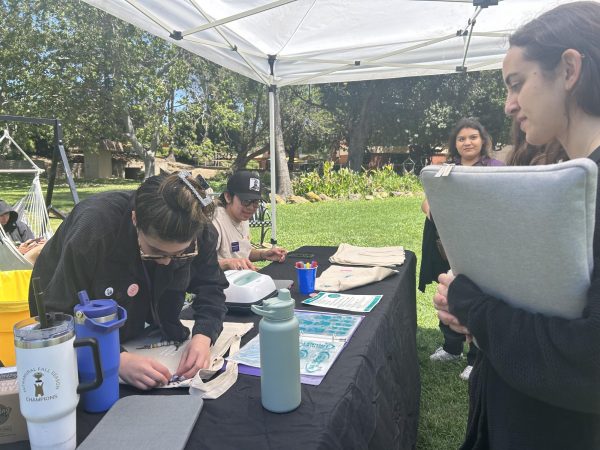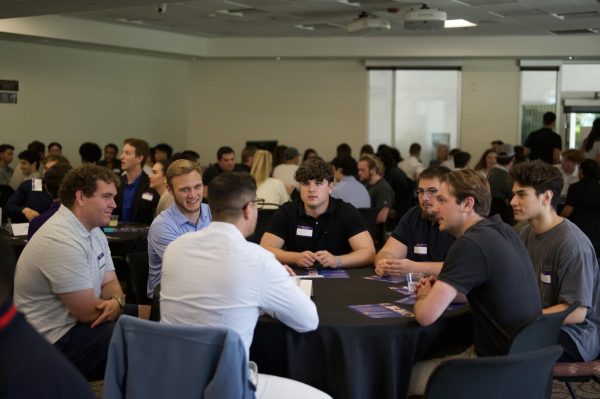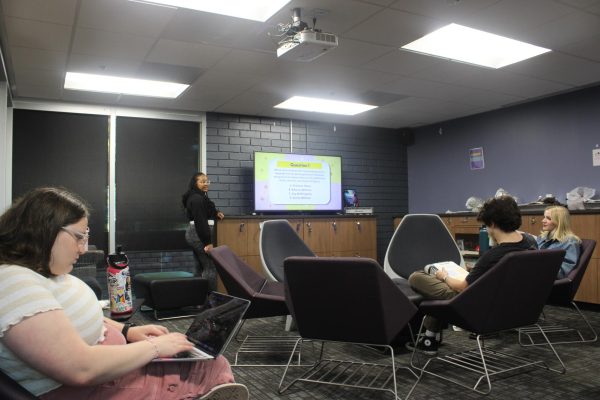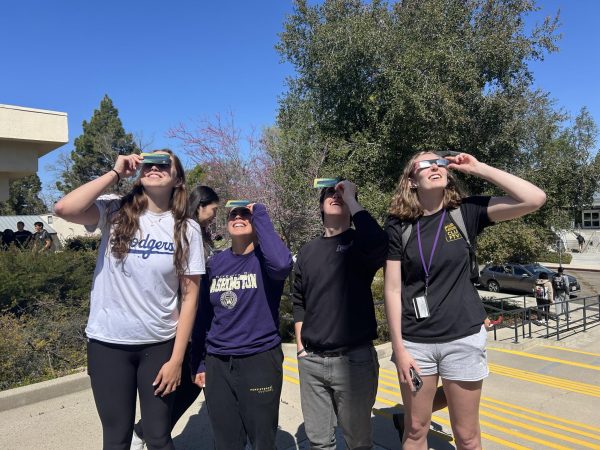Diversity and Inclusion Training for CLU Athletics
May 5, 2020
On April 24, RISE, a nonprofit that works with athletic teams, coaches and administrators to educate and improve race relations, began implementing diversity and inclusion training for California Lutheran University student-athletes and athletics staff members.
“Our goal is to educate and empower Cal Lutheran’s Athletics community to play a role in eliminating racial discrimination, championing social justice and improving race relations,” Jim McHugh, vice president of Athletic Affairs said in an email interview.
RISE surveyed Cal Lutheran’s student-athletes, the athletics department administration and coaches in late February. The results were used to create a plan unique to Cal Lutheran.
Junior track and field runner Kassi Brummett said her team received the online learning initiative last week.
All Cal Lutheran student-athletes will engage in this three-part digital learning series which “covers racism, sports as a vehicle for change, and privilege,” McHugh said.
In May, athletics administration will meet virtually with the Student Athlete Advisory Committee on campus to provide leaders on various teams with the tools to educate and empower their teammates on these issues.
“We really believe that athletes and the athletics community have a platform and a voice to help amplify some of these conversations…a key objective is to equip these leaders with the tools to have more impactful conversations around these issues within their teams and with the wider campus community,” Andrew Mac Intosh, vice president of curriculum at RISE said in an email interview.
When teams return to campus, coaches will lead more formal workshops with their athletes and all student-athletes will engage in a town hall style meeting with RISE.
Club athletes are welcome to participate in the town hall as well.
According to Mac Intosh, the structure of the work RISE implements is dependent upon what the school or conference needs.
In fall 2019, Pacific Lutheran University in Tacoma, WA received the National Collegiate Athletic Association Division III Diversity Spotlight Initiative Award for their programming with RISE during spring.
“Ultimately, with all of those structures, the goal is to help the partner understand the challenges and issues that might exist in their community, develop the skills to have the conversations and to facilitate culturally competent interactions, and ultimately build a more inclusive climate,” Mac Intosh said.
This push for diversity and inclusion training for athletes was largely driven by student appeals following the surface of alleged racist incidents involving student-athletes in February.
Students were first informed that Cal Lutheran administration was in communication with RISE in an email from the Board of Regents on Feb. 14.
According to McHugh, the RISE program was suggested by someone affiliated with the Los Angeles Rams, the NFL team which practices on the north end of the Cal Lutheran campus, and endorsed by Shaun Harper, executive director of the USC Race and Equity Center.
Harper has been studying the Cal Lutheran community to identify issues and make recommendations for how to create a more equitable campus climate.
When Cal Lutheran approached RISE they indicated “they really wanted to adopt a holistic, long-term strategy to this work, rather than simply dealing with any specific incident,” Mac Intosh said.
Previously there was no diversity and inclusion training specifically for student-athletes, instead, New Student Orientation usually includes some diversity and inclusion “programming,” McHugh said.
“[Every season] we do the Title IX stuff, but nothing related to diversity and inclusion,” junior cross country runner Aaron Rider said. “[Just] like the freshman seminar training…it is carbon copy, always the same: they bring in the video, we sign a couple papers and they ask us what is Title IX.”
Rider, who is also a resident assistant, said unlike athletes the RA’s receive extensive training regarding diversity and inclusion.
In regard to his teammates’ ability to report racial discrimination if they saw it, Rider said he doesn’t know if they are properly equipped.
“For the average person, it is a lot more difficult in terms of reporting…or even speaking up—when you’re put in a situation like that, it is usually kind of spooky to directly confront someone,” Rider said. “I mean, I would, but I am a person of color so it’s a little more easy for me to see these things, recognize these things and try to deal with these things.”
McHugh said he is hopeful the athletics department will continue to hold annual diversity and inclusion sessions.
“Athletes on campus are not always going to be athletes. They’re not always going to be students. They’re going to move on to other areas of society,” Mac Intosh said. “So one of our long-term goals is that by working with collegiate athletes we ultimately can change society more broadly, and ensure that people are more inclusive, people are more culturally competent, and there’s far less discrimination and racism.”



